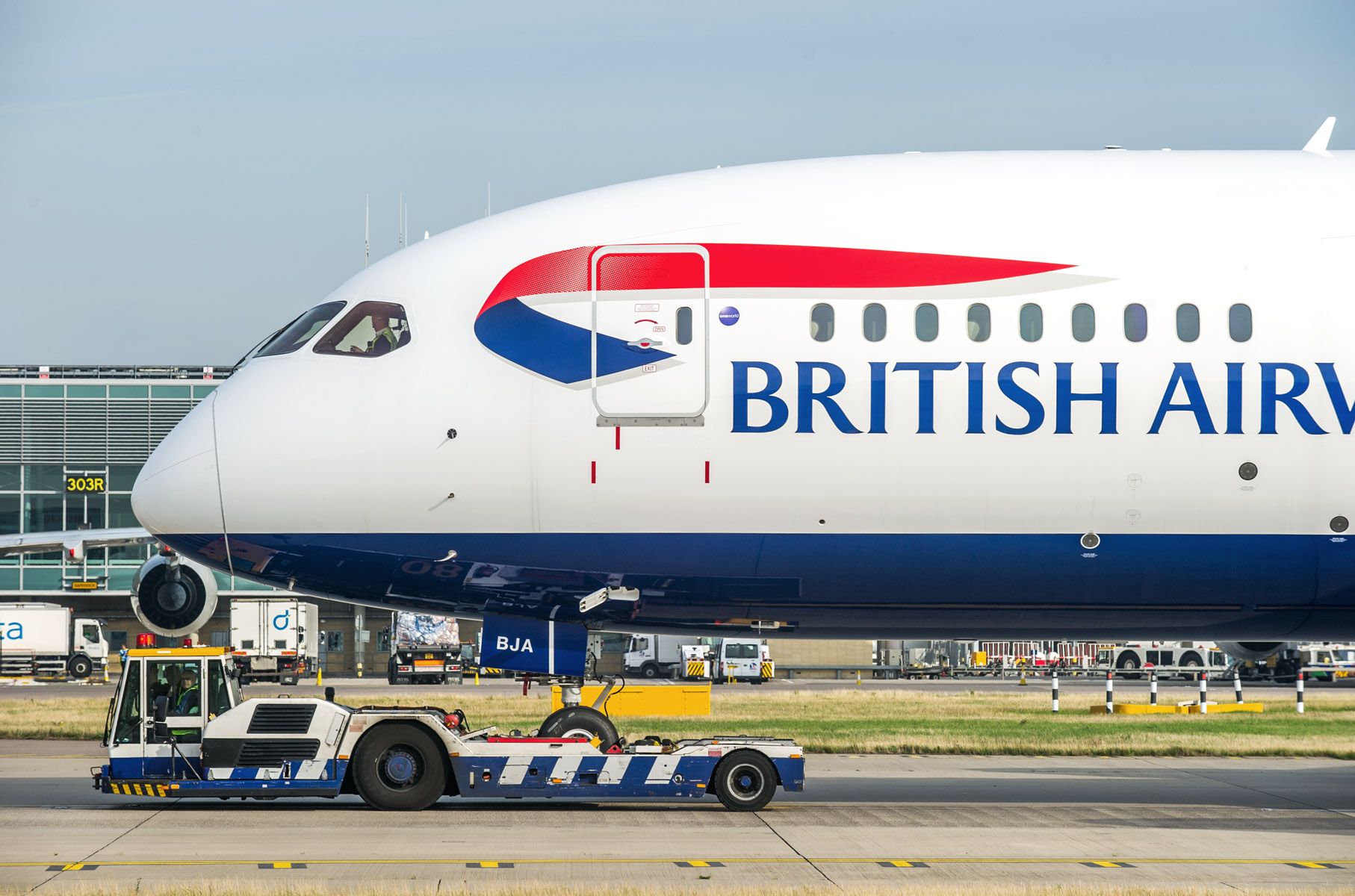Conde Nast Traveler Goes Lo-Fi for Short Travel Video Contest

Skift Take
Conde Nast Traveler is celebrating the little moments that travelers can quickly capture — most likely on their smartphones — with the launch of Shorties, its film festival for travel videos lasting less than 60 seconds.
Travelers can upload videos into four time-based categories, including 6 seconds, 15 seconds, 30 seconds, and 60 seconds long. Participants can submit videos by uploading them to cntraveler.com/shorties or to Twitter, Vine and Instagram by using the hashtags #TravelerShorties and #ContestEntry.
The video will be vetted by tastemakers, filmmakers, and Traveler editors and announced on March 31. The winner will receive a trip to Dubai. Another winner, determined by popular consumer vote, will receive a Norwegian Cruise Line vacation.
Not surprisingly, Norwegian Cruise and Dubai are sponsors of the festival.
The storied travel publication isn’t the first to embrace the new short form videos. Airbnb created its first film out of 6-second Vines submitted by users from around the world in September 2013.
Watch the launch video for the Conde Nast Traveler contest below:




